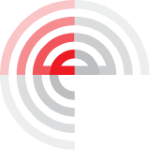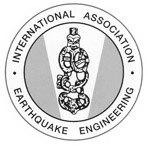Speaker
Description
In order to study local site effect on the modification of strong ground motions and dynamic response of structural systems a three-dimensional strong motion instrumentation array at Ohrid Lake basin is developed in the 80’s. This 3d strong motion array is consisted of three free field sites with one surface and three downhole instruments each, up to 125 meters to the bedrock; one nine story building site with two instruments on the building, 4 instruments at the foundation level and one outcropping rock site with one instrument.
While an ongoing efforts are performed for reestablishing the 3d array for continuous and permanent real-time monitoring of the location, extensive framework for establishing In Situ Geo laboratory at the location is developed. CPT (Cone penetration tests), Standard Penetration tests and multiple geophysical measurements including seismic refraction tomography -SIRT, MASW (Multichannel analysis of surface waves), REMI (Refraction Microtremor Method), registration of microtremors (HVSR methods) are performed at the site for definition of the soil profile, strength, stiffness of the soil and shear wave velocity profile Vs. In order to validate usage and compare to different direct methods, GPR measurements with low frequency antenna are also performed on the same location. The Iziis In Situ geo laboratory is believed to be a proper case study with valid data to explore differences and correlation between different methods (direct and indirect). The obtained results and characterization of the geotechnical profile are beneficial for further studies for site effects and soil structure interaction (SSI) when the 3d instrumentation array will be fully digitized and be able to perform recordings in real – time.
| DOI | https://doi.org/10.5592/CO/1CroCEE.2021.75 |
|---|---|
| Keywords | geotechnical profile, in-situ investigations, seismic stations |
